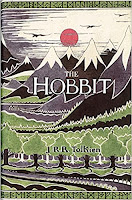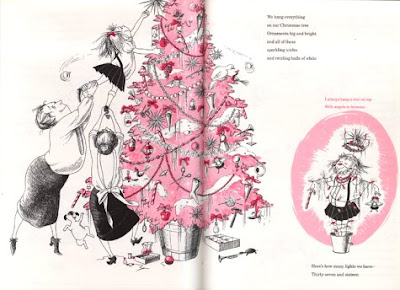Fiction
For ages 7 and up
Holiday House, 2020, 978-0823447251
Once day a shepherd comes back from his work tending his sheep in a real state. It would appear that there is a dragon living in a cave on the Downs, and everyone knows that dragons and sheep just don’t mix. Luckily for everyone, the shepherd’s son is a scholarly young fellow and he announces that he - knowing more about dragons than everyone else - will take care of the scaly problem.
The boy and the dragon soon strike up a pleasant acquaintance and the boy soon learns that the dragon is a "lazy beast" who is not in the slightest bit interested in fighting knights or eating maidens. He is quite happy to rest quietly, write sonnets, and mind his own business. The problem is that the dragon simply cannot seem to grasp the idea that people have a terrible preconceived notions about dragons. What on earth is the boy to do with this reluctant dragon who won’t fight to protect himself when Saint George, of dragon slaying fame, comes to town?
Using the rich language that he is famous for, Kenneth Grahame takes us back to time when dragons were a part of everyday living and when little boys could indeed have wonderful adventures. The characters, many of whom have a touch of the South Downs accent in their 'voices,' are charming, funny, and often surprising. Ernest H. Shepard, whose drawings of Pooh are beloved by so many, has superbly captured the essence of the story in his artwork. Sophie Blackall, whose own books have won numerous awards, has written a foreword for this special anniversary edition.
All in all this is a book to treasure for years to come, and it would make an excellent addition to a collection of classic children’s literature.















